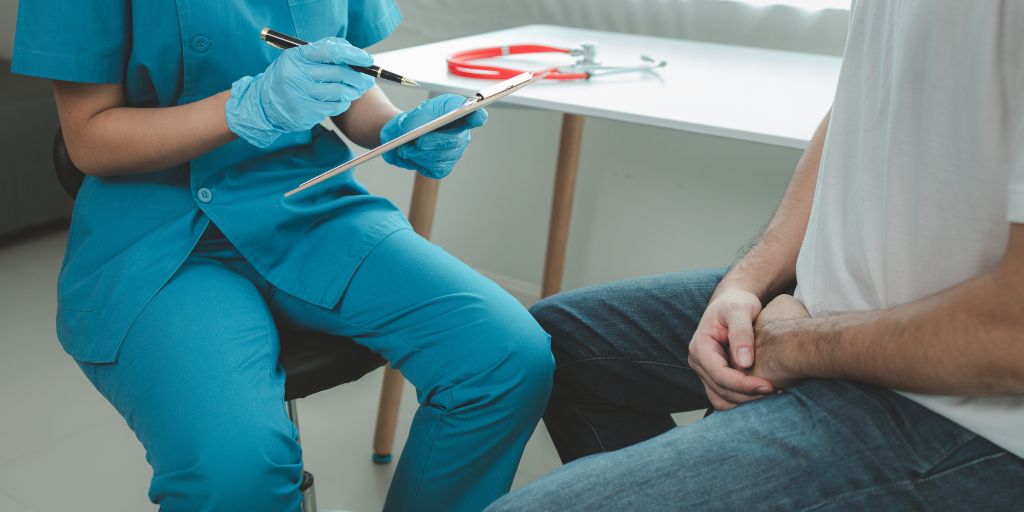
Following the announcement by Buckingham Palace that His Majesty the King is to undergo his treatment today (Friday 26 January) for an enlarged prostate, men in Bedfordshire, Luton and Milton Keynes have been reminded that there are numerous sources of advice available.
Searches on nhs.uk for information on prostate health increased by over one thousand percent in the days following the Palace’s disclosure of His Majesty’s diagnosis.
Now, local doctors have reminded men that there’s no need to worry or be embarrassed at asking your GP for advice.
Dr Sanhita Chakrabarti, deputy chief medical director at Bedfordshire, Luton and Milton Keynes Integrated Care Board, said:
“Benign prostate enlargement is common in men over the age of 50, and as many as 70-80% of men over the age of 75 may have an enlarged prostate.
“Many men worry unnecessarily that having an enlarged prostate means they have an increased risk of developing prostate cancer, but this isn’t the case. Help is available and there are a number of tests that can be done to rule out cancer.
“The symptoms of an enlarged prostate can be considerably improved by visiting your GP, taking medication, and making lifestyle changes and, for most men, there is no need for an operation.
“If you have questions about your individual circumstances which the NHS website can’t answer, make an appointment to speak to your GP. Your GP will have seen it all before, so there’s no need to feel embarrassed.”
The prostate enlargement page provides information on the symptoms, diagnosis and treatment of benign prostate enlargement, a condition that can affect urination. It details the side effects of having an enlarged prostate, such as difficulty or needing to pee frequently, and offers advice on treating mild symptoms by cutting down on caffeine, alcohol, fizzy drinks and artificial sweeteners, exercising regularly and limiting fluid intake before bedtime.
Men of Black African and Black Caribbean heritage are around twice as likely to get prostate cancer as the population as a whole, and localized work is in progress to encourage men from those backgrounds to come forward to identify their risk.












